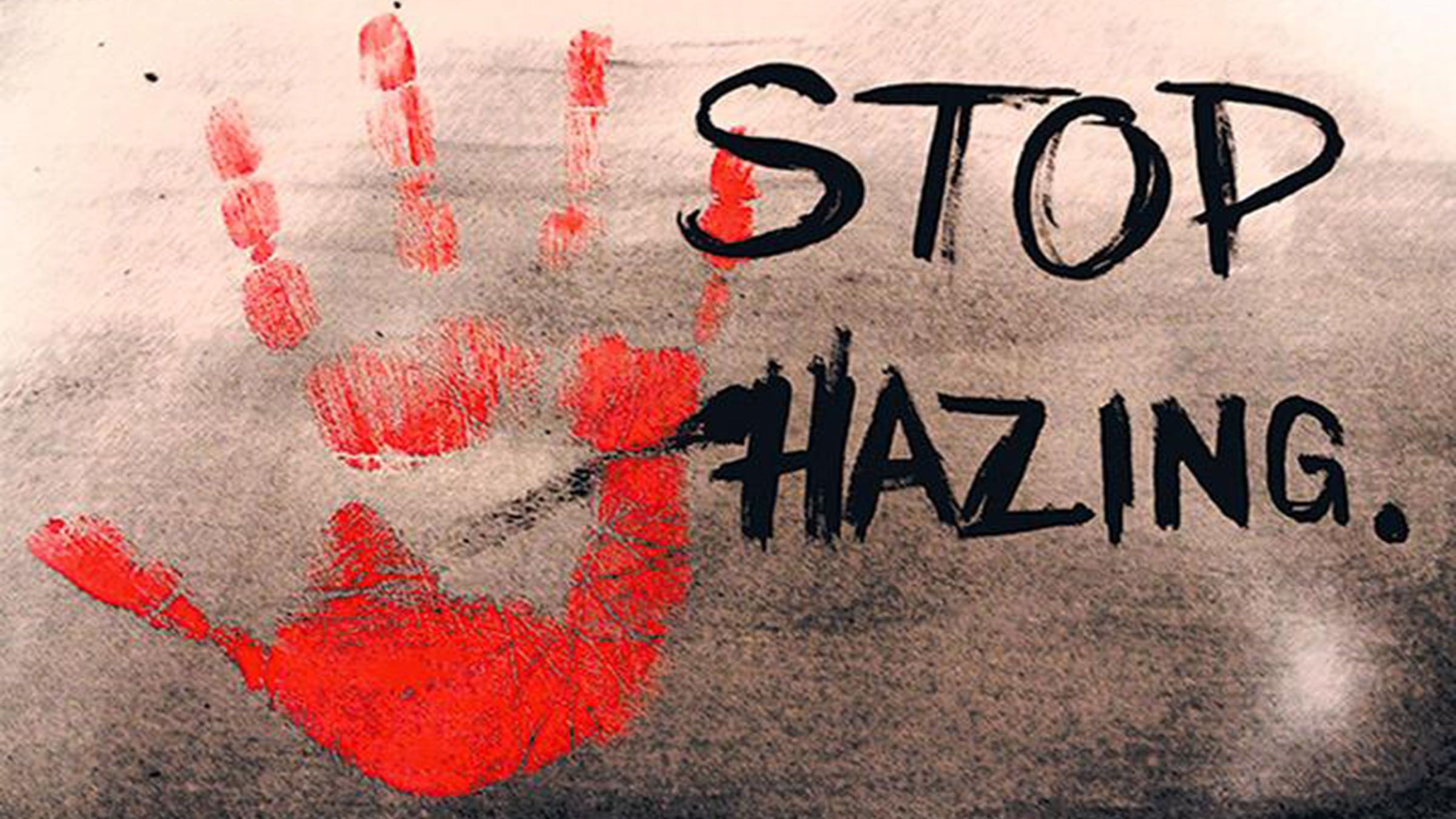No amount of new laws would stop hazing and other crimes but constant warnings against hazing, and the entire criminal justice system working efficiently.
Former Senator Atty. Joey D. Lina called naïve efforts by legislators to pass a law to stop the crime of hazing or other crimes.
In his column, Lina said the misconception still exists that once a law is passed, a crime that is sought to be proscribed will no longer happen.
But it’s quite naive for one to expect that a law can stop or substantially reduce criminal acts if such law is not being strictly enforced, and if all other factors that give rise to criminality are not diminished. Despite laws against murder, rape, and other offenses penalized by the Revised Penal Code, criminality proliferates.
Lina said that to curb criminality, it’s not just the law that has to be relied upon. The entire criminal justice system has to work. Its five pillars – police, prosecutors, judges, jails, and the community – must work efficiently to identify, apprehend, prosecute, convict and incarcerate offenders.
Thus, to stop crimes like hazing and to attain justice for John Matthew Salilig, the latest hazing victim who reportedly met his death at the hands of members of the Tau Gamma Phi fraternity, all pillars of the criminal justice system ought to maximize use of RA 8049, the original anti-hazing law that I authored in 1995, and which was amended by RA 11053, the Anti-Hazing Act of 2018 that imposed tougher penalties.
Even before the original law was amended, no less than the Supreme Court declared that RA 8049 “is rigorous in penalizing the crime of hazing” when it handed down its landmark decision affirming the conviction of two frat men for the fatal hazing of a UP Los Baños student in 2006, Lina explained.
In its July 1, 2015 decision (GR No. 209464) upholding the rulings of Calamba, Laguna Regional Trial Court Branch 36 and the Court of Appeals on the conviction and reclusion perpetua penalty imposed on Alpha Phi Omega fraternity members Dandy Dungo and Gregorio Sibal Jr. for the fatal hazing of UP Los Baños student Marlon Villanueva in 2006, the SC said the following:
“Hazing has been a phenomenon that has beleaguered the country’s educational institutions and communities. News of young men beaten to death as part of fraternities’ violent initiation rites supposedly to seal fraternal bond has sent disturbing waves to lawmakers. Hence, RA No. 8049 was signed into law on June 7, 1995. Doubts on the effectiveness of the law were raised. The Court, however, scrutinized its provisions and it is convinced that the law is rigorous in penalizing the crime of hazing.
“Through careful case-build up and proper presentation of evidence before the court, it is not impossible for the exalted constitutional presumption of innocence of the accused to be overcome and his guilt for the crime of hazing be proven beyond reasonable doubt. The prosecution must bear in mind the secretive nature of hazing, and carefully weave its chain of circumstantial evidence,” the SC said.
The innate conspiracy of silence among perpetrators of hazing can make it extremely difficult for investigators and prosecutors to dig up direct evidence for a successful case buildup. Thus, circumstantial evidence can prove guilt of the accused. “Bearing in mind the concealment of hazing, it is only logical and proper for the prosecution to resort to the presentation of circumstantial evidence to prove it,” the SC said.
Indeed, it’s now easier for investigators and prosecutors to prove their case in court under RA 8049 and RA 11053. Quantum of evidence does not have to be proof beyond reasonable doubt to show intent to commit a wrong, because such is presumed to be part and parcel of the act of hazing, he added.
But would RA 8049 that was made tougher by RA 11053 really put an end to hazing? Some are of the notion that the law is the silver bullet to stop hazing once and for all, and that the more severe the penalty is, the better. But here’s the truth: Certainty of arrest and conviction, or a swift and impartial justice system is the best deterrent.
Strict enforcement of the law, including its implementing rules and regulations (IRR) can help deter hazing. Section 9 (b) of the IRR of RA 11053 states: “Schools shall implement an information dissemination campaign at the start of every semester or trimester or term to provide adequate information to students and parents or guardians regarding the consequences of conducting and participating in hazing.” Indeed, the need for sustained public awareness on the evils of hazing is essential.
Constant warnings against hazing, plus the entire criminal justice system working efficiently, can certainly do a lot to help stop this “phenomenon that has beleaguered the country’s educational institutions and communities” and caused so much anguish to the families of both victims and perpetrators.
Tags: #hazinglaws, #JoeyLina, #SC, #crimes

